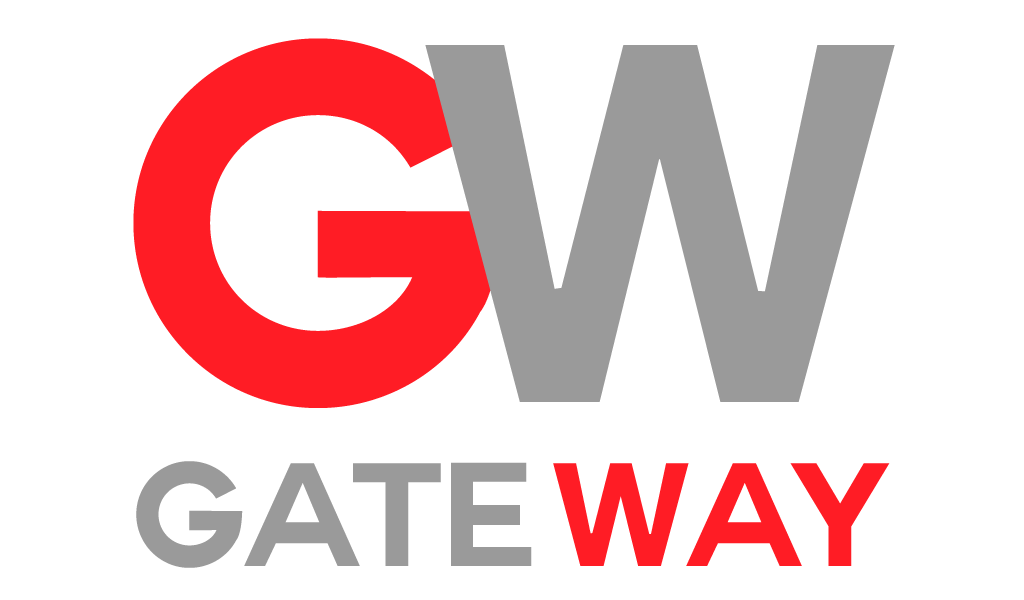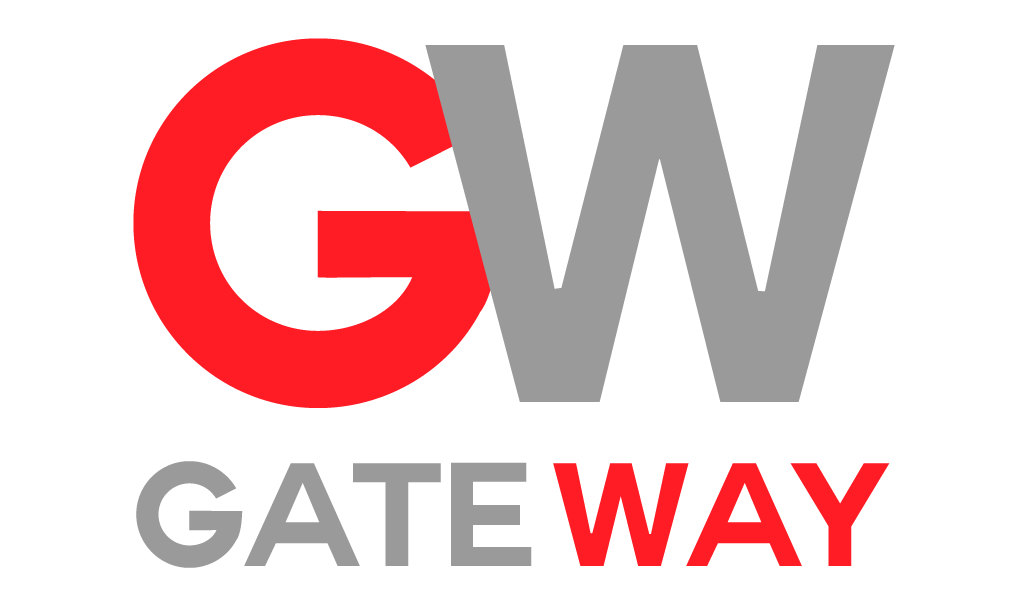Don’t get me wrong, I quite like a preferred relationship in, well, like, my marriage.
Both my wife and I find it quite nice to be certain that we are each other’s preferred suppliers (I haven’t asked her lately but I think she likes me being her preferred supplier, if I see a RFP any time soon maybe I should worry). That said, I continue to look at the supposed benefits of preferred relationships with vendors in the staffing industry as well as elsewhere and wonder, what on earth were you thinking?
Yesterday morning, off I get carted to Home Depot to look at light fixtures as we’re going through the home renovation from H-E-double hockey sticks. On the way out we get hit up by the cashier for loyalty cards. We agree, then he says we should get one each. Cool, great idea. It all ended up in a 12% saving on the purchase and the likelihood of me going in there without the encouragement of a cattle prod is slim to nil. They gifted me $120 for absolutely no reason and with no likelihood of me ever using that card again.
That experience on top of yet another preferred supplier chat with a soon to be ex-client as I get informed that all of their staffing requirements now go through a managed services provider. The corporate recruiter told me how easy it is to get on the list (“just ask the hiring manager to request your presence on the list”) and then told me that the requirement then gets sent out to 30-40 staffing companies. I told him we don’t do that. We’re in search and selection, not racing.
I don’t fully understand the logic of using a managed services provider. It can’t be for cost because the client has now added an extra layer of margin with the insertion of an added provider. And margins don’t decline because the contractor at the end of the chain doesn’t care who does what so he or she is still asking for the same rate.
There used to be (and I believe there still is with some American companies) the need to add that layer of an extra incorporated company to shield the client from the impact of payroll deduction liabilities but honestly, we require two limited liability corporations in between (Gateway and the contractor’s corporation), do you really need the third?
And ultimately, who benefits?
Nobody.
The client gets a single source supplier and a supposed fixed rate card but that rate card is wholly dependent on finding a contractor who will work for a low enough rate to be able to pay everybody else in the food chain. Remember, I said it became a race to find a resource. Now, they fit perfectly in to that old saying “good, fast and cheap; pick any two and I’ll tell you what it won’t be”. The client ends up with cheap and fast or readily available resources. No selection involved, just search, and search for everybody who is close to being a fit.
The managed services provider is perpetually squeezing margins to the point that the agency gets very selective on who they send over. If we have one candidate for two positions, they some times won’t even see the lower margin role. Every agency is the same.
The agency won’t always show the best candidates. We can’t. We have mortgages too. Many of the larger agencies will even have recruiters ignoring some requirements when they come in, the margins are too low. As a contrast, we used to have a client who insisted on paying top dollar fees, as he put it he wanted to be sure everybody in the firm was working on his openings.
And what about the candidates? They get a selection of jobs to choose from, not always the best and by the time it gets to them the rates are dramatically suppressed by everybody else taking their pound of flesh. The person who does the work ultimately gets beaten down by the food chain in front of her.
I’m on the winning side and the losing side of preferred relationships and I must confess, whatever seat I sit in they look idiotic. Even on the winning side you’re taken advantage of as everybody squeezes and does their best to take advantage of somebody else in the whole mess.
And maybe that’s the problem. To paraphrase a quote that I read a few weeks ago, we appear to be in the place where everybody is asking how little they can offer for the price whereas in a true business partnership, we should be asking how much we can offer.
To offer up an example of what can happen in a true business partnership where the client and the staffing company work together. I have a long term client where the placement wasn’t working out. That person was months outside of the guarantee but the client asked for a favour as they couldn’t justify the added fee of a replacement. We found the replacement without hesitation, knowing that the goodness will come back.
I can’t honestly say that we would do that with any of our supposed “preferred” relationships because we just don’t prefer each other that much.

